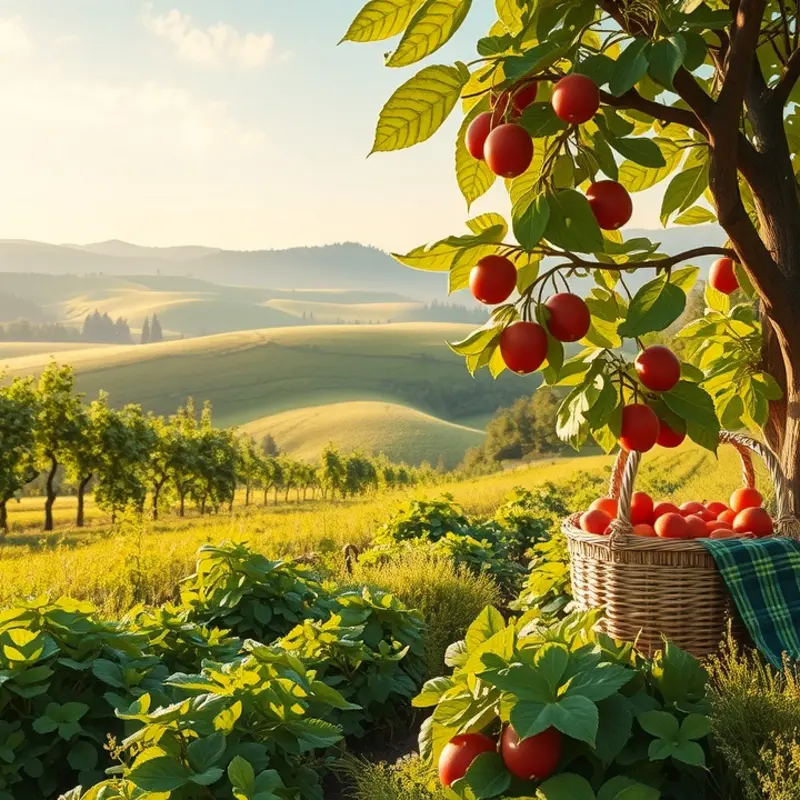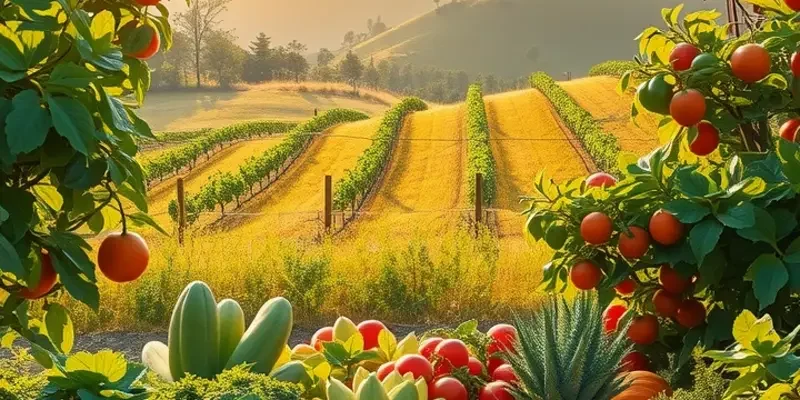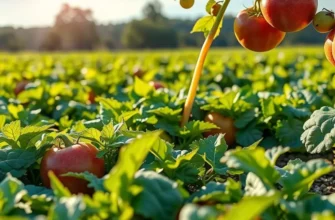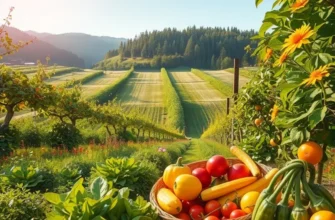Mason jars are more than just kitchen decor; they’re a powerful tool for organizing, storing, and preserving food. As focus shifts towards sustainability and reducing waste, using mason jars provides a safe, eco-friendly method to manage food effectively. You’ll discover practical strategies for employing these versatile containers to not only keep your food fresh but also enhance your overall food management system at home.
The Versatility of Mason Jars for Storage

Mason jars are far more than just vessels for home canning. Their versatility in the kitchen makes them ideal for storing a wide array of foods, from dry goods and herbs to leftovers and fresh produce. One of the main reasons for their popularity is their ability to keep food fresh while reducing waste. When used effectively, mason jars can help minimize reliance on single-use plastics and foster a more sustainable kitchen environment.
Mason jars come in various sizes, suitable for different storage needs. The most common sizes are quart, pint, and half-pint, with wide-mouth and regular-mouth options. Wide-mouth jars are particularly useful for storing larger items like fruits or cooked meals, while regular-mouth jars are perfect for grains, spices, and smaller perishables.
To effectively seal a mason jar, an airtight closure is essential. A proper seal not only keeps the contents fresh but also prevents moisture and air from entering, which can lead to spoilage. Most mason jars are equipped with a two-piece lid system comprising a metal band and a flat, rubber-sealed lid. The vacuum seal created as the jar cools ensures longevity and freshness of the stored items.
Incorporating mason jars into your pantry organization can transform how you manage food storage. Use them to store dry staples like rice, pasta, beans, and nuts. This not only keeps your kitchen counter clutter-free but also allows you to easily monitor your inventory. Storing ingredients in clear glass helps visualize the contents, making it simpler to plan your meals and minimize food wastage.
Mason jars are equally functional in the fridge for perishables. Store salads in jars to maintain their crispness. Layer your salad components in a strategic manner with dressing at the bottom and greens on top. This arrangement keeps the salad fresh and ready for a quick meal at any time. Moreover, mason jars are perfect for keeping herbs fresh. Place the cleaned and dried herbs in a jar with a bit of water at the bottom and loosely cover them. This method prolongs their shelf life while keeping them easily accessible.
Beyond food storage, mason jars contribute to a reduction in single-use plastic. Opt for mason jars instead of disposable plastic bags or containers, and you’ll soon notice how this simple swap leads to a more eco-friendly kitchen. Mason jars are sturdy and reusable, standing up well to frequent use.
For more tips on creating an eco-smart kitchen, consider exploring this guide on eco-friendly kitchen storage. This resource provides further guidance on embracing sustainable practices and organizing your kitchen to minimize waste effectively.
Incorporating mason jars into your food storage routine can have a substantial impact on how you manage your home. Their versatility, combined with their environmental benefits, make them an essential tool in any kitchen striving to be both efficient and sustainable.
Safe Food Practices with Mason Jars

Embracing the convenience of mason jars for food storage offers significant benefits, but it’s crucial to maintain strict cleanliness standards. Proper cleaning of jars is your first defense against spoilage. Start by washing jars, lids, and bands in hot, soapy water. Rinse them thoroughly and let them dry completely.
Sterilization is necessary for foods that will be preserved long-term. To sterilize, submerge jars in boiling water for at least 10 minutes, ensuring they remain submerged. If you’re planning to seal jars with freshly made jam or pickles, sterilize both jars and lids. Keep jars in hot water until they’re ready to fill, ensuring they remain at a safe temperature.
When it comes to filling jars, temperature is key. For jams and sauces, fill the jar with the hot contents, leaving some space at the top for expansion—usually about half an inch. For cold storage, allow food to cool before filling. Avoid overfilling; you need room for air circulation.
Utilizing vacuum sealing can extend the life of dry goods stored in mason jars. Special lids create an airtight seal, keeping moisture and oxygen out. This method works well for grains, pastas, and dehydrated fruits. Consider using narrow-mouth jars as they help to improve the seal by reducing potential air intrusion.
For those keen on meal prep, mason jars lend themselves well to creating personalized portions and meal kits. Layer ingredients for salads or assemble dry elements for baking mixes. Label these jars with their contents and the date they were assembled. Consider using erasable markers or chalkboard labels for a versatile labeling system.
Efficient labeling and organization of your mason jar pantry will save you time and help manage inventory. Group similar items together, and place frequently used items at the front. This practice simplifies meal prep and ensures ingredients are used before expiration.
For additional food safety tips and waste reduction strategies, refer to this guide on safer storage of sauces. By adopting these safe food storage practices, you’ll not only enhance your kitchen organization but also contribute to reducing food waste significantly.
Final words
Mason jars provide a simple yet effective solution for food storage and waste reduction. By utilizing these versatile containers, you can keep your food fresher for longer while contributing to a more sustainable lifestyle. With proper techniques for cleaning and organization, mason jars can greatly enhance your food management process. Consider integrating mason jars into your kitchen routine today, and experience not only the practicality they offer but also the satisfaction of minimizing your environmental footprint.







